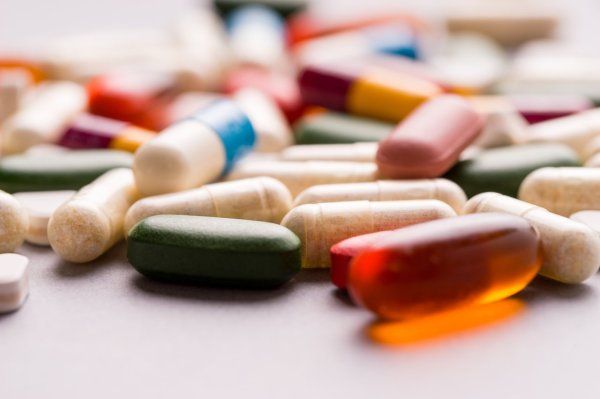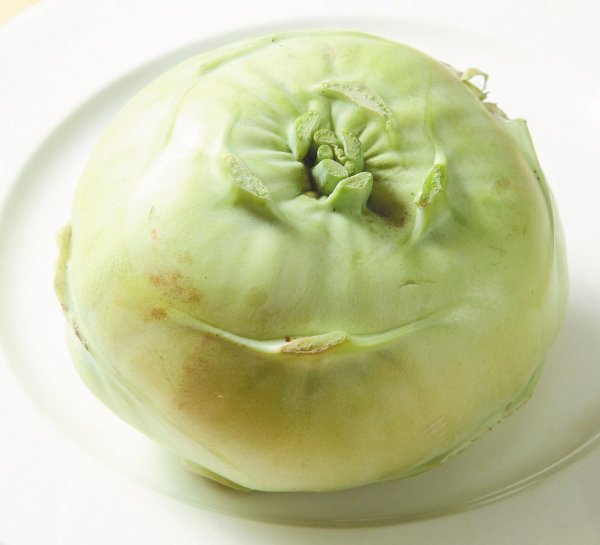What is health food enzyme Q10? Is the efficacy claimed by the practitioner supported by scientific certificates?

I released the surface film on 2020-8-24 and added vitamin D and Q10. Is it useful? Reader chen left a message in the response column on July 26, 2022: Hello Professor Lin, please ask if you can write an article about enzyme Q10 to introduce its proven efficacy and some errors, as well as the differences between health products and medicines.

Q10, like many other health care products, is touted by industry as Wanling Pills, but in fact, the scientific evidence supporting this type of voice is quite weak. More importantly, studies have shown that animal models with specific defects in the synthesis pathway of enzyme Q are more effective [Please see the 2019 paper The Paradox of Coenzyme Q 10 in Aging]. This is similar to the "antioxidation paradox" I discussed before. Please see if free radicals are harmful? Is sports harmful? Previous episode.
In any case, the more comprehensive and pertinent summary of the efficacy of Q10 supplementation is Coenzyme Q 10 supplementation – In ageing and disease published last year. Its summary says: "There are signs that Q10 supplements have a positive impact on the lack of comprehensive symptoms of wire particles and some aging symptoms. The antioxidant effects of Q10 seem to relieve cardiovascular disease and inflammation. Further research and carefully designed clinical trials are needed to include Q10 in certified bioavailability formulas, allowing more participants to receive longer-term treatment to evaluate Q10 In treating neurodegenerative diseases, the benefits of symptomatic symptoms and their symptoms. ”
More trusted health consulting websites also retain the efficacy of Q10:
WebMD: Although enzyme Q10 plays a key role in the body, most healthy people naturally have enough enzyme Q10. There are some evidence that adding more in the form of enzyme Q10 supplements may be beneficial. Age growth and certain medical conditions are related to a decrease in CoQ10 levels. However, in these cases, it is uncertain whether the addition of enzyme Q10 will have an impact.
Linus Pauling Institute: There are some evidence that supplementation of enzyme Q10 may be a useful aid in the treatment of congestive heart failure and patients undergoing coronary surgery. There is no evidence of therapeutic benefit of supplemental enzyme Q10 for diabetes, neurodegenerative diseases, heritage comorbidity or breast cancer. Enzyme Q10 supplements do not appear to improve the performance of motion. Although enzyme Q10 supplements are relatively safe, they may reduce the anticoagulant efficacy of Huafalin.
Mayo Clinic:
There have been studies that enzyme Q10 can improve the symptoms of congestive heart failure. Although the study results like to be less than half, CoQ10 may help reduce blood pressure.
While more research is needed, some studies suggest that the enzyme Q10 may help reduce low-density lipoprotein (LDL) calcium sterol and total calcium sterol levels in diabetic patients, thereby reducing their risk of heart disease.
Recent studies have shown that even high doses of CoQ10 do not appear to improve the symptoms of Parkinson's disease.
Some studies have shown that enzyme Q10 may reduce the frequency of headache.
Since CoQ10 is involved in energy production, it is believed that this supplement may improve your body function. However, this research has produced a bad result.
National Center for Complementary and Integrative Health:
carbose Q10 has not been proven to be valuable for treating cancer, but it can reduce the risk of heart injury caused by a cancer chemical.
Only a few studies have focused on whether CoQ10 helps prevent cardiac diseases, and the results are still uncertain. There is no conclusion on the impact of CoQ10 on heart failure. However, there are evidence that CoQ10 may reduce the risk of certain cardiac surgery and disease.
Although the results of individual studies vary, overall scientific evidence does not support the view of CoQ10 that can lighten muscle pain caused by lowering steroids called statins.
The small amount of evidence available at present indicates that the enzyme Q10 may have no intentional impact on blood pressure.
A major study funded by the National Institute of Health Research shows that even at higher than normal doses, enzyme Q10 does not improve the symptoms of early Parkinson's disease. The conclusion of this and several other small studies in 2017 was that the enzyme Q10 was not helpful for Parkinson's symptoms.
carboxyase Q10 has also been studied in a variety of other diseases, including amyotrophic sclerosis (Lou Gehrig disease), Down syndrome, Huntington's disease and male infertility, but the research is too limited to draw any conclusions.
Original text: The efficacy of Q10












